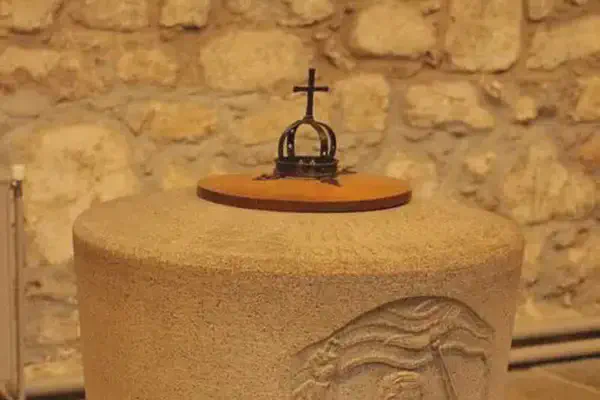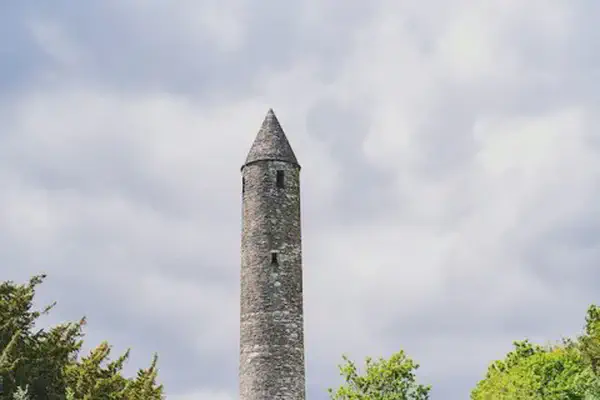On January 08, 1789 in Celtic History
Last meeting of the breton national assembly

The Breton National Assembly, also known as the Estates of Brittany (États de Bretagne), was a historical legislative body in the Duchy of Brittany, which existed before the region was formally incorporated into the Kingdom of France. The last meeting of the Breton National Assembly took place in the 18th century.
Here are key points about the last meeting of the Breton National Assembly:
-
Duchy of Brittany: Brittany was an independent duchy with its own political institutions, including the Breton National Assembly, until it was formally united with the Kingdom of France in 1532.
-
18th Century Meetings: The Breton National Assembly continued to convene during the 18th century. The Estates of Brittany were composed of representatives from various social classes, including the clergy, nobility, and commoners. They met to discuss and address regional issues, rights, and privileges.
-
End of the Assembly: The last meeting of the Breton National Assembly occurred in 1789, just before the outbreak of the French Revolution. The revolution had far-reaching consequences for the political landscape of France and its regions, including Brittany.
-
French Revolution: With the French Revolution, the centralized power of the French state and its national institutions became more dominant. The Revolution led to the dissolution of many regional and provincial assemblies, including the Breton National Assembly.
-
End of Brittany’s Autonomy: The formal union of Brittany with France had already taken place in the 16th century, but the region retained a degree of autonomy and local political representation. However, the Revolution and subsequent events led to the further centralization of power in France and the end of regional political autonomy.
The last meeting of the Breton National Assembly in 1789 marked the end of the assembly’s role as a regional legislative body in Brittany. The Revolution had significant consequences for the political structure and institutions of France and its regions.
Related Content

Shane Patrick Lysaght MacGowan, lead singer of the Pogues, died

St Machar Day, patron saint of Aberdeen

Oíche Shamhna - Cetlic New Year Eve (Halloween)

ALBAN ELFED (Welsh Bardic name for autumn equinox)

Feast day of St. James

John Davie Burgess, King of the Highland Pipers, died at age 71.